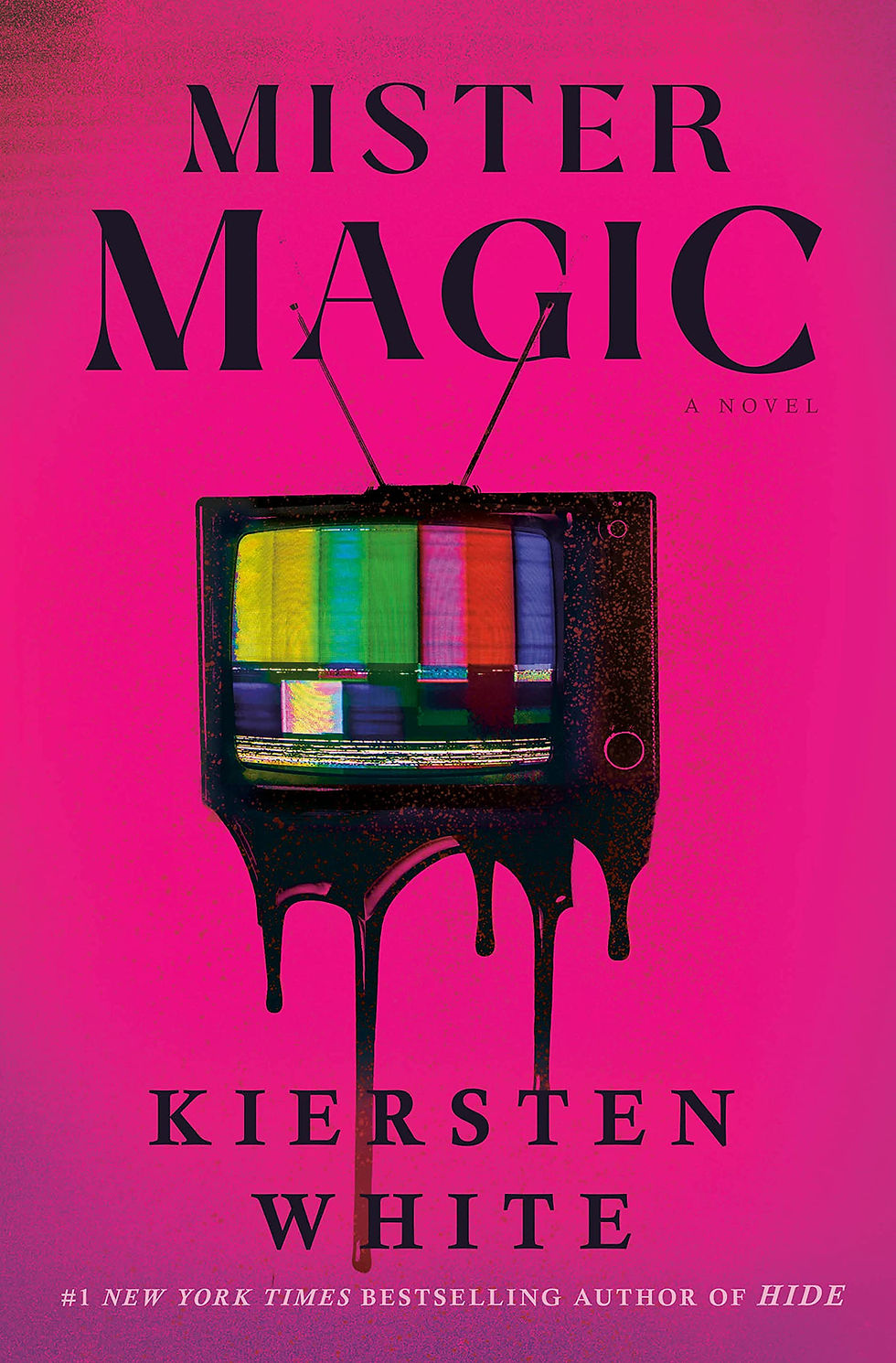December Wrap Up
- Jodie
- Jan 5, 2020
- 3 min read
I only read 7 books in December but I am not too disappointed with this as a good amount of them were very dense.

Speak, Memory by Vladimir Nabokov – ‘Speak, memory’, said Vladimir Nabokov. And immediately there came flooding back to him a host of enchanting recollections – of his comfortable childhood and adolescence, of his rich, liberal-minded father, his beautiful mother, an army of relations and family hangers-on and of grand old houses in St Petersburg and the surrounding countryside in pre-Revolutionary Russia. Young love, butterflies, tutors and a multitude of other themes thread together to weave an autobiography, which is itself a work of art.

2. Lolita by Vladimir Nabokov – Poet and pervert, Humbert Humbert becomes obsessed by twelve-year-old Lolita and seeks to possess her, first carnally and then artistically, out of love, ‘to fix once for all the perilous magic of nymphets’. Is he in love or insane? A silver-tongued poet or a pervert? A tortured soul or a monster? Or is he all of these?

3. The Way of Shadows (The Night Angel #1) by Brent Weeks – For Durzo Blint, assassination is an art. And he is the city’s most accomplished artist, his talents required from alleyway to courtly boudoir. For Azoth, survival is precarious. Something you never take for granted. As a guild rat, he’s grown up in the slums, and learned the hard way to judge people quickly – and to take risks. Risks like apprenticing himself to Durzo Blint. But to be accepted, Azoth must turn his back on his old life and embrace a new identity and name. As Kylar Stern, he must learn to navigate the assassins’ world of dangerous politics and strange magics – and cultivate a flair for death.

4. The Divine Comedy (Part One; Inferno) by Dante Alighieri – Describing Dante’s descent into Hell with Virgil as a guide, Inferno depicts a cruel underworld in which desperate figures are condemned to eternal damnation for committing one or more of seven deadly sins. As he descends through nine concentric circles of increasingly agonizing torture, Dante encounters many doomed souls before he is finally ready to meet the ultimate evil in the heart of Hell: Satan himself.

5. The Divine Comedy (Part Two; Purgatorio) by Dante Alighieri – The second volume of Oxford’s new Divine Comedy presents the Italian text of the Purgatorio and, on facing pages, a new prose translation. Continuing the story of the poet’s journey through the medieval Other World under the guidance of the Roman poet Virgil, the Purgatorio culminates in the regaining of the Garden of Eden and the reunion there with the poet’s long-lost love Beatrice.

6. The Divine Comedy (Part Three; Paradiso) by Dante Alighieri – Having plunged to the uttermost depths of Hell and climbed the Mount of Purgatory in parts one and two of the Divine Comedy, Dante ascends to Heaven in this third and final part, continuing his soul’s search for God, guided by his beloved Beatrice. As he progresses through the spheres of Paradise he grows in understanding until he finally experiences divine love in the radiant presence of the deity. Examining eternal questions of faith, desire, and enlightenment, Dante exercised all his learning and wit, wrath and tenderness in his creation of one of the greatest of all Christian allegories.

7. The Claiming of Sleeping Beauty (Beauty #1) by A.N. Roquelaure – In the traditional fairy tale of ‘Sleeping Beauty’ the spell cast upon the lovely young princess can only be broken by the kiss of a prince. However, in the world of Anne Rice, this legendary curse is broken not with a kiss, but with sexual initiation. The Prince’s reward for ending the hundred years of enchantment is Beauty’s complete and total enslavement to him. Sleeping Beauty awakes to a world of seduction, desire, and love.




Comments